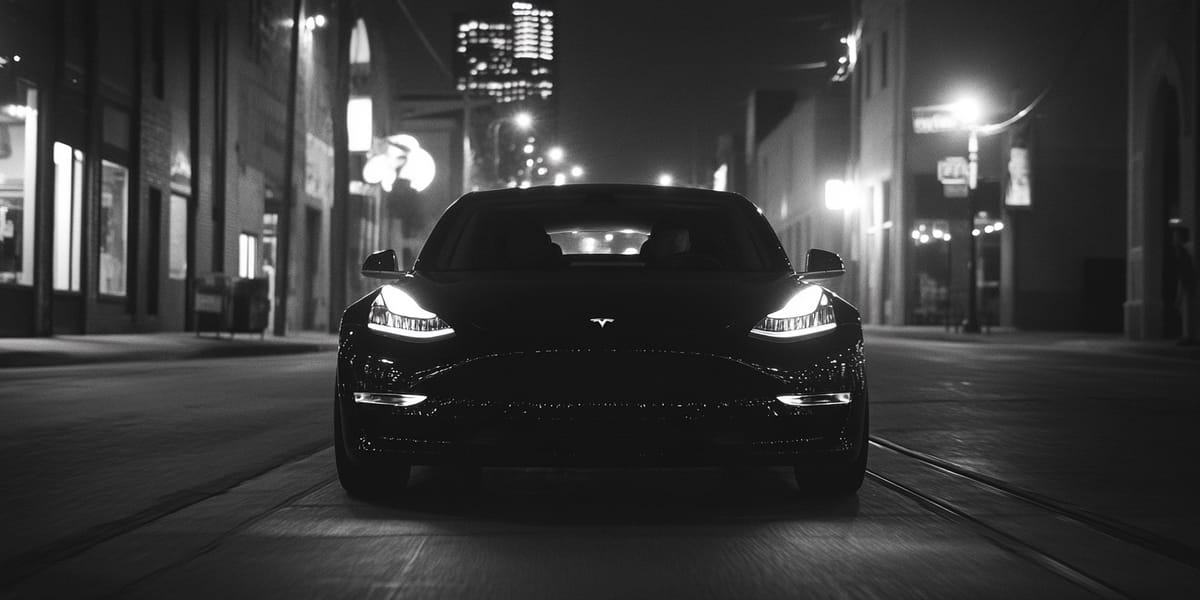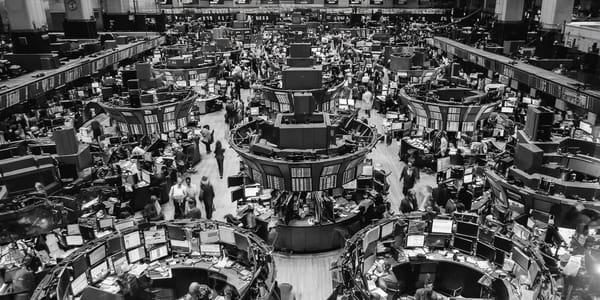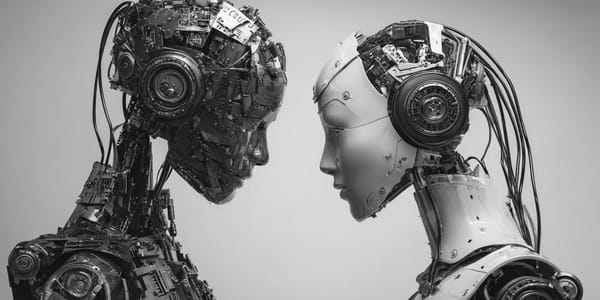Tesla Begins Commercial Robotaxi Operations in Austin Texas

Tesla will debut its robotaxi service in Austin, Texas on Sunday, June 22, according to CBS News. The launch represents the first commercial rollout of Elon Musk's long-promised autonomous ride-hailing service.
The pilot program will operate a small fleet of Model Y vehicles in a geofenced area of Austin. CBS News reports that select Tesla investors and enthusiasts received "Early Access" invitations to participate. Riders can hail autonomous vehicles through Tesla's new Robotaxi App from 6 a.m. to midnight.
Each robotaxi will include a "Tesla Safety Monitor" in the front passenger seat during initial operations. Electrek confirmed that remote monitors will also track rides in real-time. The service prohibits airport trips but allows travel anywhere else within the operating zone.
Tesla plans to begin with 10 to 20 Model Y vehicles according to previous statements from Musk. Bloomberg reported that Wedbush Securities analyst Dan Ives expects up to 20 vehicles in circulation during the pilot phase.
Competition Intensifies With Waymo's Established Service
Waymo currently dominates the U.S. robotaxi market with operations in multiple cities. Yahoo Finance reports that Alphabet's Waymo provides 250,000 paid rides weekly across Phoenix, San Francisco, Los Angeles, and Austin.
The autonomous vehicle market reached $22.60 billion in 2024 and projects growth to $222.80 billion by 2033. ResearchAndMarkets indicates the sector will grow at a 28.92% compound annual growth rate through 2033.
Waymo operates over 1,500 vehicles across its service areas and completed more than 5 million autonomous trips to date. The company partnered with Uber to expand Austin operations and plans further expansion to Atlanta, Miami, and Washington D.C. in 2026.
Tesla enters this market without required permits in many major cities. Unlike Waymo's extensive testing protocols, Tesla's approach relies primarily on camera-based systems rather than the multimodal sensor arrays used by competitors.
Safety Concerns and Regulatory Challenges
Texas Democratic lawmakers requested Tesla delay the launch until September when new autonomous vehicle regulations take effect. Reuters reports the lawmakers cited public safety concerns in their letter to Tesla.
The National Highway Traffic Safety Administration launched an investigation in October after four Tesla Full Self-Driving vehicles were involved in crashes. The agency's letter in May requested information about Tesla's plans for evaluating robotaxi safety on public roads.
Safety advocacy group Dawn Project argues Tesla's self-driving technology endangers children. The organization demonstrated a Model Y with current FSD software striking a child-sized mannequin near a school bus with extended stop signs.
Current Texas law permits autonomous vehicles with basic registration and insurance requirements. The pending legislation would require state authorization for commercial autonomous operations and grant authorities power to revoke permits for vehicles deemed dangerous to public safety.
Market Impact and Future Implications
Tesla stock declined 30% since mid-December despite initial gains from expectations of Trump administration support. CNN Business reports the company's shares remain down 19% year-to-date but gained 91% compared to the same period in 2024.
Wall Street analysts view robotaxi performance as the primary driver of Tesla's 2025 stock performance. Investing.com notes that Wolfe Research analysts remain cautious about near-term performance while expecting robotaxis to determine stock direction.
Wedbush Securities analyst Dan Ives projects successful robotaxi deployment could help Tesla reach a $2 trillion market cap by 2026. This would double the company's current valuation of approximately $1 trillion.
Tesla faces significant challenges beyond technical hurdles. The company reported 71% profit decline and 9% sales drop in the first quarter of 2025. Competition from Chinese electric vehicle manufacturers continues pressuring traditional automotive revenue streams.
The broader implications extend beyond Tesla's financial performance. Successful autonomous vehicle deployment could reshape urban transportation systems and reduce reliance on individual car ownership. However, widespread adoption depends on proving safety reliability and gaining regulatory approval across multiple jurisdictions.
Related Reading on Morrow Report
For comprehensive analysis of alternative financial systems transforming traditional markets, read the Alternative Financial Systems Index on Morrow Report. This detailed index examines how emerging financial technologies and systems are disrupting conventional banking and payment networks. The analysis covers quantitative metrics across decentralized finance, mobile money systems, community banking, and digital currencies. Readers will gain insights into which alternative systems show the highest adoption rates and effectiveness compared to traditional financial infrastructure. The index provides valuable context for understanding how technological disruption in transportation parallels similar transformations occurring across financial services sectors.




